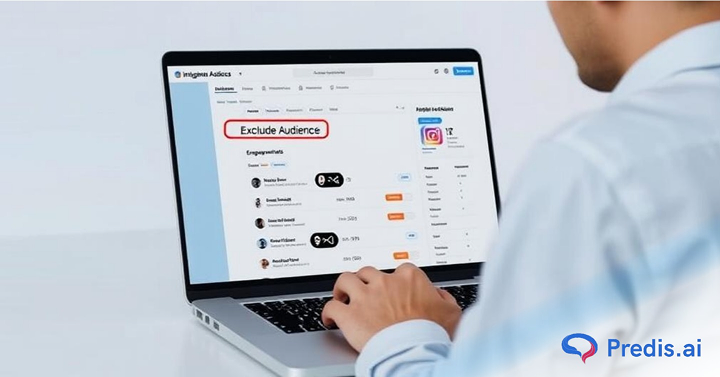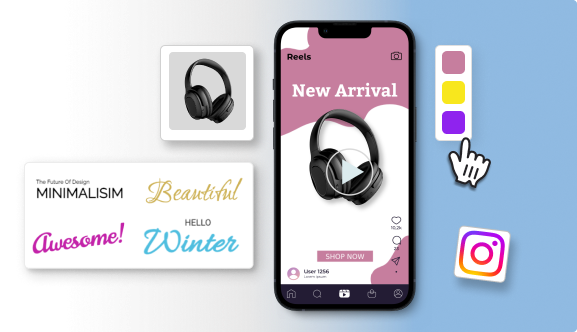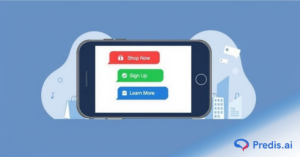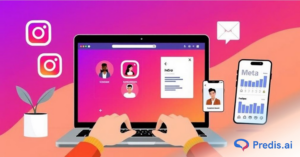It would be awful to spend a lot of money on ads that only reach people who have already bought from you, or even worse, who were never interested. That’s what happens in Instagram Ads when you don’t exclude certain groups of people. The good news is that you can quickly select the right people to target with your budget, avoiding those who are not likely to buy. You will learn in this guide how to exclude audiences in Instagram ads and why it is so important for ROI, and which types of people you should never target.
Why Excluding Audiences in Instagram Ads Matter?
The Hidden Cost of Poor Targeting
Running Instagram ads without audience exclusions is like casting a wide net and you might catch some fish, but you’ll also pull in a lot of junk. It may seem like you’re reaching more people, but you’re also wasting money on impressions from:
- Individuals who have previously converted
- People who bounced off your website
- Audiences that are obsolete now
- Inflated expenses, poor involvement, and finally wasted budget follow from this.
Advantages of Smart Audience Exclusion
It’s about reaching the right ones, not about getting more people. Removing particular audience and users can help to:
- Improve targeting accuracy
- Calculate your cost per click (CPC) and cost per acquisition (CPA).
- Increase your ROAS, that is, return on ad spend.
- Maximize participation among high-intent consumers.
Types of Audiences You Can Exclude on Instagram Ads
Let’s look at the different types of audiences Meta lets you exclude during ad setup:
Custom Audiences
Remove those who have already come into touch with your brand. For instance: visitors to websites; app users; email subscribers; past consumers.
This prevents retargeting those who don’t require it and lets you concentrate on acquisition rather than redundancy.
Lookalike Audiences
These are those akin to your custom audiences. You can hone them even further by removing any features, nations, or actions that aren’t working out.
Engaged Instagram Users
You could wish to exclude someone who already interacted with a lead gen ad but failed to convert from seeing the same offer once more.
Saved Audiences with Demographic Filters
You can exclude people by:
- Age group
- Gender
- Location
- Device
- Interests
This helps you to put your direct focus on your creatives and messaging.
Step-by-Step Guide to Exclude Audiences in Instagram Ads
Follow this easy walkthrough to start excluding the right people:
Step 1 – Go to Meta Ads Manager
Head over to Meta Ads Manager and choose the campaign you want to edit or create a new one.

Step 2 – Choose the Campaign Objective and Ad Set
Select your campaign goal—Conversions, Traffic, Lead Gen, etc.—then move to the ad set level.
Step 3 – Navigate to the ‘Audience’ Section
Here’s where the magic happens. Scroll to the Audience section within your ad set.
Step 4 – Use the “Exclude” Field
Right under “Custom Audiences,” you’ll find the Exclude option.
- Add a Custom Audience (like previous purchasers)
- Exclude Lookalikes of your least-performing list
- Remove demographics or interest-based groups
Step 5 – Save Your Changes and Launch
Save your audience settings, continue to the ad creative, and launch your ad set with confidence!
Pro Tip: Save this audience setup as a preset to reuse across campaigns.
Smart Audience Exclusion Strategies for Better ROI
Here’s how brands use exclusions to sharpen their Instagram Ad performance:
1. Exclude Recent Converters
Why show a 20% off ad to someone who just bought from you yesterday? Instead, exclude buyers from the last 30 days and upsell later.
2. Avoid Overlapping Audiences
If you’re running multiple ad sets, use the Facebook Audience Overlap Tool to avoid cannibalizing your results.
3. Segment Cold vs Warm Audiences
Use different creatives for top-of-funnel (cold) and bottom-of-funnel (warm) users—and exclude each from the other’s ad sets.
4. Exclude Low-Performing Segments
Analyze past campaign reports. If a particular city, age group, or behavior yields high impressions but zero conversions—cut it out.
Common Mistakes to Avoid When Excluding Audiences
- Excluding too many audience layers—leaves your reach too narrow
- Forgetting to update exclusions after a new campaign or purchase cycle
- Not split-testing ad sets with and without exclusions
- Assuming exclusion always reduces results—it needs testing!
Track the Impact of Audience Exclusion
Use the below steps to measure how effective your audience exclusions are in Instagram Ads:
Use Meta Ads Manager Insights
- Monitor metrics like CTR, CPM, CPA, and ROAS.
- Compare performance before and after applying exclusions.
- Use breakdowns to analyze included vs. excluded segments.
Leverage Google Analytics
- Track assisted conversions from Instagram traffic.
- Analyze bounce rate, time on site, and session quality.
- Identify behavioral differences in traffic after exclusions.

Refine Based on Data
- Adjust exclusions if valuable users are being filtered out.
- Use learnings to fine-tune targeting for better ROI.

Conclusion
Excluding audiences in Instagram Ads isn’t just a technical tweak it’s a strategic move to maximize every rupee you spend. By removing users who’ve already converted or shown disinterest, you sharpen your targeting and improve ad relevance. This leads to lower costs, higher engagement, and better ROI. Whether you’re scaling campaigns or just starting out, audience exclusion helps you avoid ad fatigue and reach people who truly matter. Review your audience settings regularly, test exclusions smartly, and watch your ad performance grow. Remember, smart targeting isn’t just about who you include, it’s also about who you leave out.
















